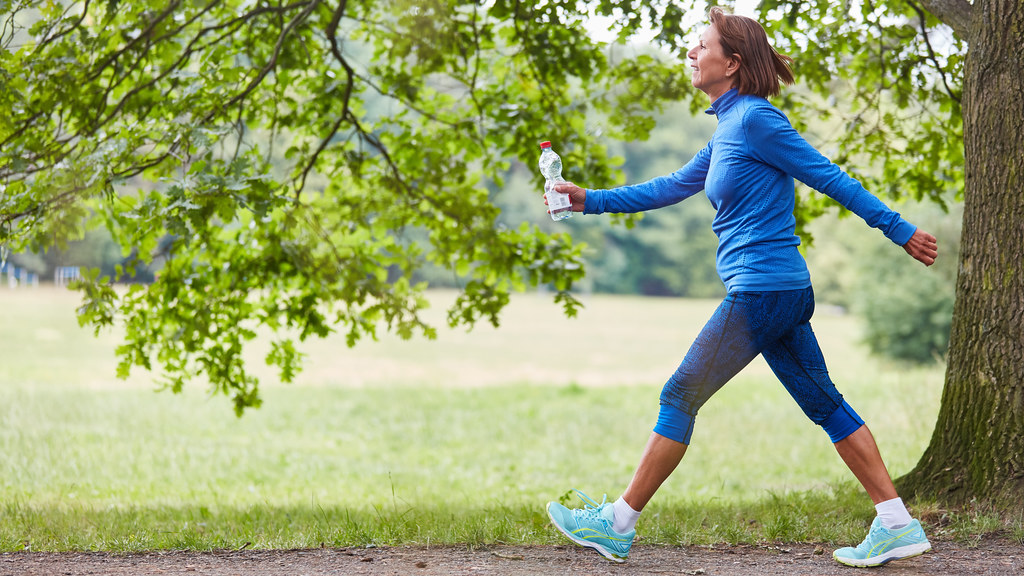Health researchers at Bath need local participants for a three-month study on the impact of exercise on blood cholesterol
Researchers at the University of Bath are recruiting up to 100 male and female volunteers for a major new study to investigate whether eating before or after exercise is more beneficial for lowering cholesterol levels.
Cholesterol is a fatty substance in our blood and having high levels of it can block blood vessels, raising the risk of heart problems or stroke.
More than two in five people in England have high cholesterol which puts them at significant risk of developing heart disease. Around 6.5 million adults in England are currently taking lipid-lowering drugs such as statins.
“Regular exercise is recommended by the NHS to lower cholesterol levels,” said Dr Louise Bradshaw, from the University’s Department for Health, who is leading recruitment for the study. “We know exercise can be highly effective at helping to reduce certain types of cholesterol, but we don’t know enough about whether eating before or after exercise is best, and whether this differs for men and women.”
The research team has already conducted a small-scale study on men, finding that men who exercised before breakfast had a reduction in cholesterol at the end of the study, and now they want to extend the project for longer term results and to assess the impact for women.
Participants will take part in a 12-week exercise training programme tailored to their own health and fitness. They will need to make three visits to the research lab at the University of Bath campus at Claverton Down for monitoring and simple health tests.
“Volunteers who take part in the study will be able to benefit from key information about their health gathered at the start and end of the trial. They will be able to fit exercise sessions into their daily home life, either in the morning or evening, or at a local park. Some participants will be asked to eat before they exercise, and others after, to enable us to study the different impacts on health.”
For more information on the study and to make contact with the research team visit via the project webpage

